
Installing new baseboards can totally refresh the look of your walls. Learn about the cost to install baseboards in your home.
Choosing the perfect flooring option for your bathroom or basement means choosing one able to stand up to humidity


Although they are often on different levels of your home, your bathroom and basement can share a lot of the same conditions: They can both be humid, prone to moisture, and chilly when you walk across them with bare feet. While you can throw a pair of socks on to fix the last issue, the first two are important factors to consider when shopping for new flooring.
Installing the wrong type of materials on your basement or bathroom floor can result in damage to your subfloor and even lead to another bathroom remodeling project a lot sooner than you’d like to. Your suitable flooring choices for these areas will be limited to types manufactured with water exposure (like from exiting the tub in the case of your bathroom or from rising groundwater in the case of your basement) in mind. However, this still leaves you with some beautiful and functional flooring types you’ll be happy to show off.
An economical choice as well as a stylish one, vinyl flooring can provide a variety of options for your water-prone spaces without breaking the bank. Flooring costs for vinyl can start as low as $3 per square foot. As an added bonus, they are usually the easiest to install for homeowners who like to tackle DIY projects. Choose from wood look-a-like varieties, solid colors, and even ones designed to look like more expensive squares of ceramic or marble tile.
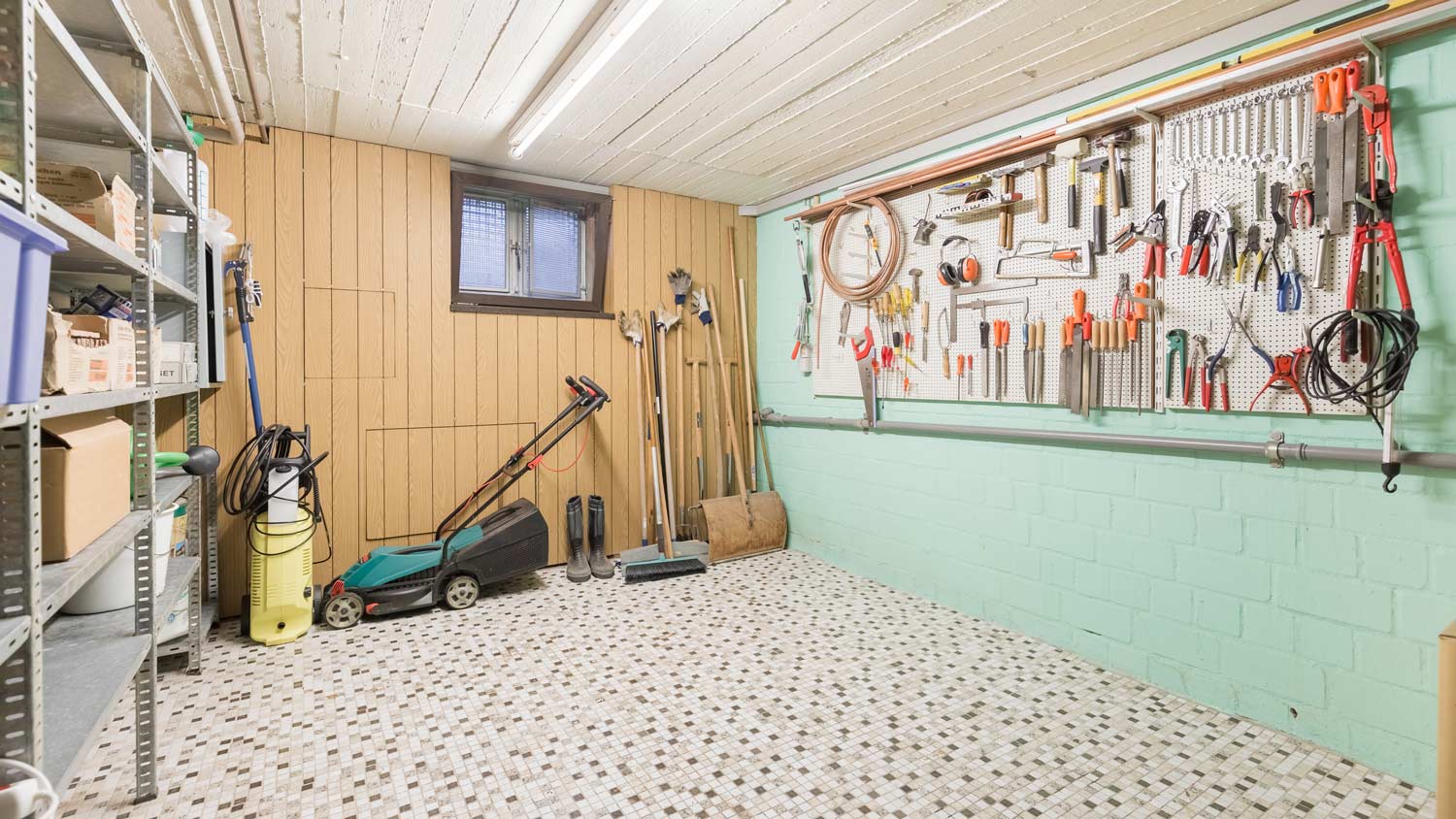
A solid choice for those looking to get creative or who want a more uniform look, ceramic tile lets you play around with the aesthetic of your flooring. You can opt to go with a single color, mix and match with a variety, or pick a pattern that will hide any messes your family may leave behind. Ceramic tile comes at a variety of price points but usually starts around $.49 per square foot.
While more adventurous homeowners may want to try their hand at installing ceramic tile themselves, a few more tools are needed for this job (a wet saw, for example, which can be rented from some home improvement stores). You might want to leave this type of project to a local tile installer, who can do the job for around $3 to $7 per square foot.
For areas that see both moisture and heavy foot traffic, stone tile is an excellent option. The durable materials can stand up to a lot of activity. It’s often a pricier tile flooring option and can start around $6 per square foot.
However, stone may hold up longer than some of the less expensive options because it’s often cut from natural stone chips, like quartz and marble. This is another job that will likely require a little more know-how and a few specialized tools, so installing a stone floor may be a job better left to a local flooring pro.
If your concrete subfloor is still in pretty good shape, you can consider sprucing it up with a coat of paint or epoxy. It’s one of the cheapest options, as epoxy typically costs around $3 per square foot. Even a novice DIYer can apply epoxy or paint on concrete over a weekend. Both options allow you an infinite amount of designs, with paint coming in various colors and epoxy kits allowing you to choose from different colors and even adding color flakes within the solution.
While this may be a cheaper and easier option, it may end up being a more time-consuming one since both of these processes will need to account for a curing (or drying) time before they’re safe to walk on.
Often better suited for basements that will double as playrooms, laundry areas, or workout stations, rubber flooring can make a great choice for some. It’s waterproof, easy to install, and can be switched up as often as your tastes or needs change. Rubber tiles cost around $1 per square foot or $7 per square foot poured.
You may have heard that wood flooring is never a good option for a bathroom or basement remodel, but thanks to advancements in the way that certain varieties of wood are manufactured, that’s no longer the case. Engineered wood floors will offer both the look and feel of real wood flooring, without the problems that come with using solid wood in spaces that see small amounts of water.
These types of floors are made using several different planks, which are engineered out of materials that can stand up to moisture with a durable finish. Engineered wood costs around $8 per square foot to start. While this is higher than some of the other flooring options for these spaces, it can be a bargain for anyone who has had their heart’s set on a real wood look.
From average costs to expert advice, get all the answers you need to get your job done.

Installing new baseboards can totally refresh the look of your walls. Learn about the cost to install baseboards in your home.
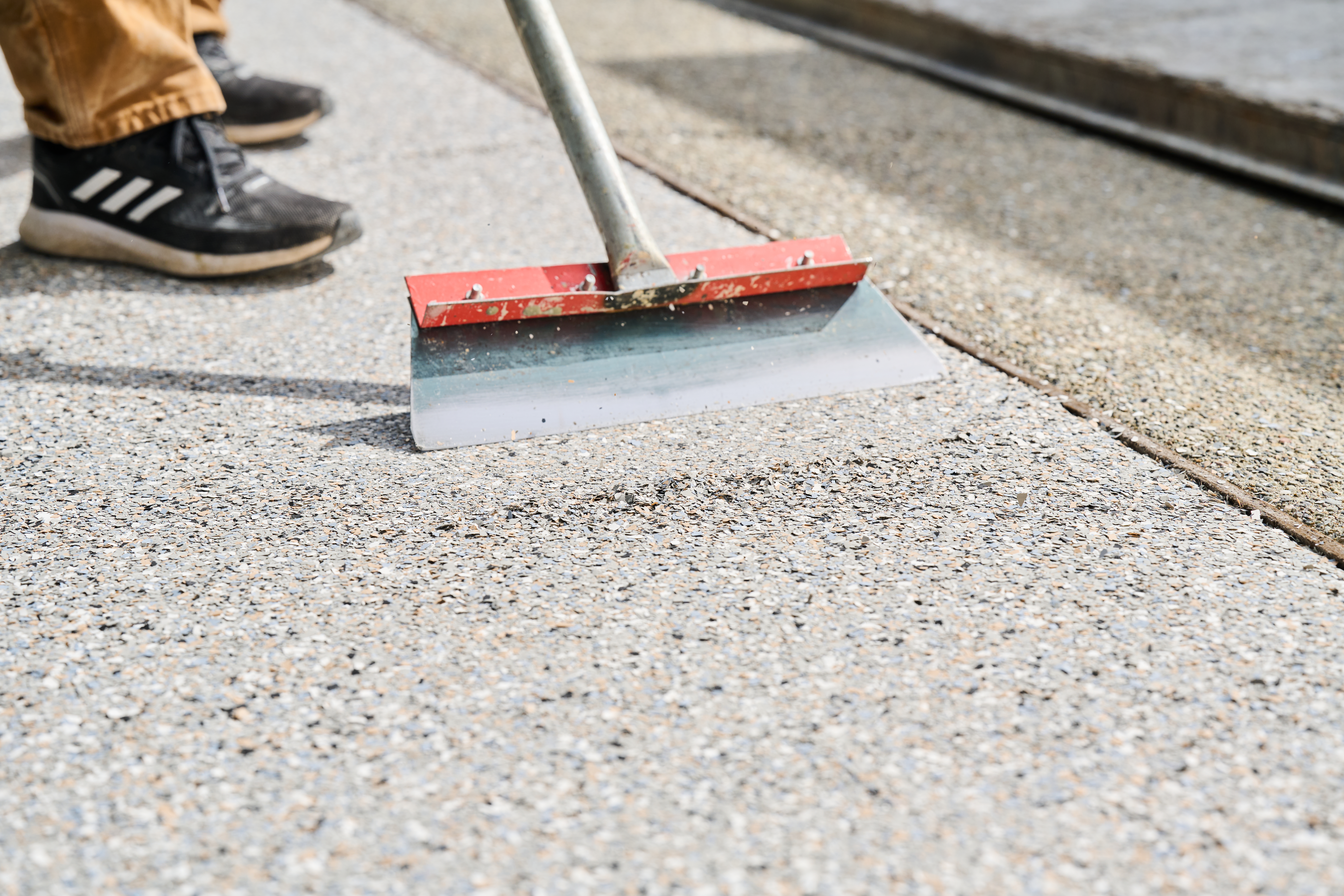
Terrazzo may cost more than many other flooring options, but its longevity and high return on investment make it worthwhile.
.jpg?impolicy=leadImage)
If your subfloor is damaged and needs replacing, expect the project to require a professional assessment and the proper materials.
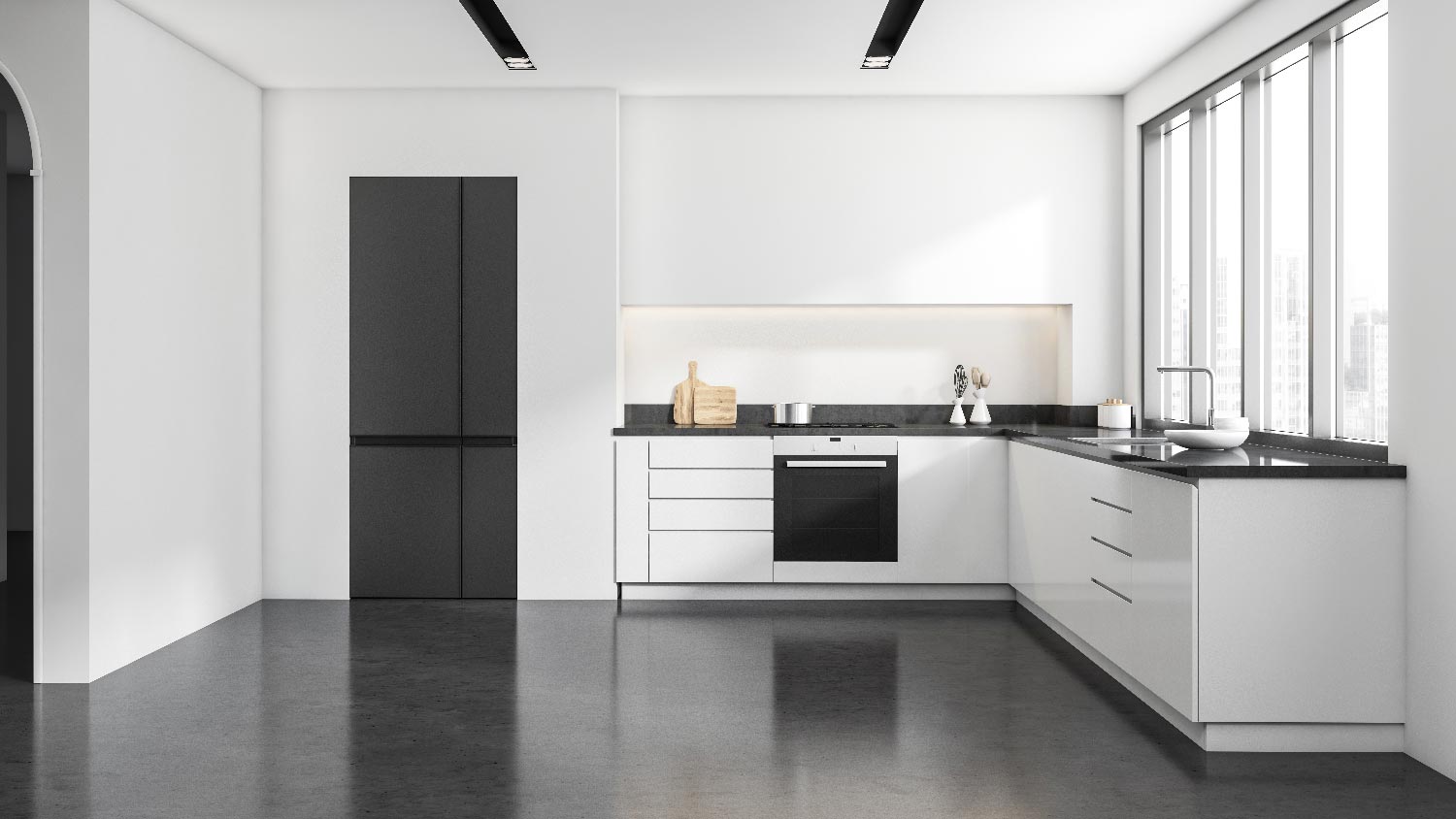
Updated flooring can make any room in your home feel brand new. Explore flooring installation costs in Minneapolis, MN, from materials to labor costs.
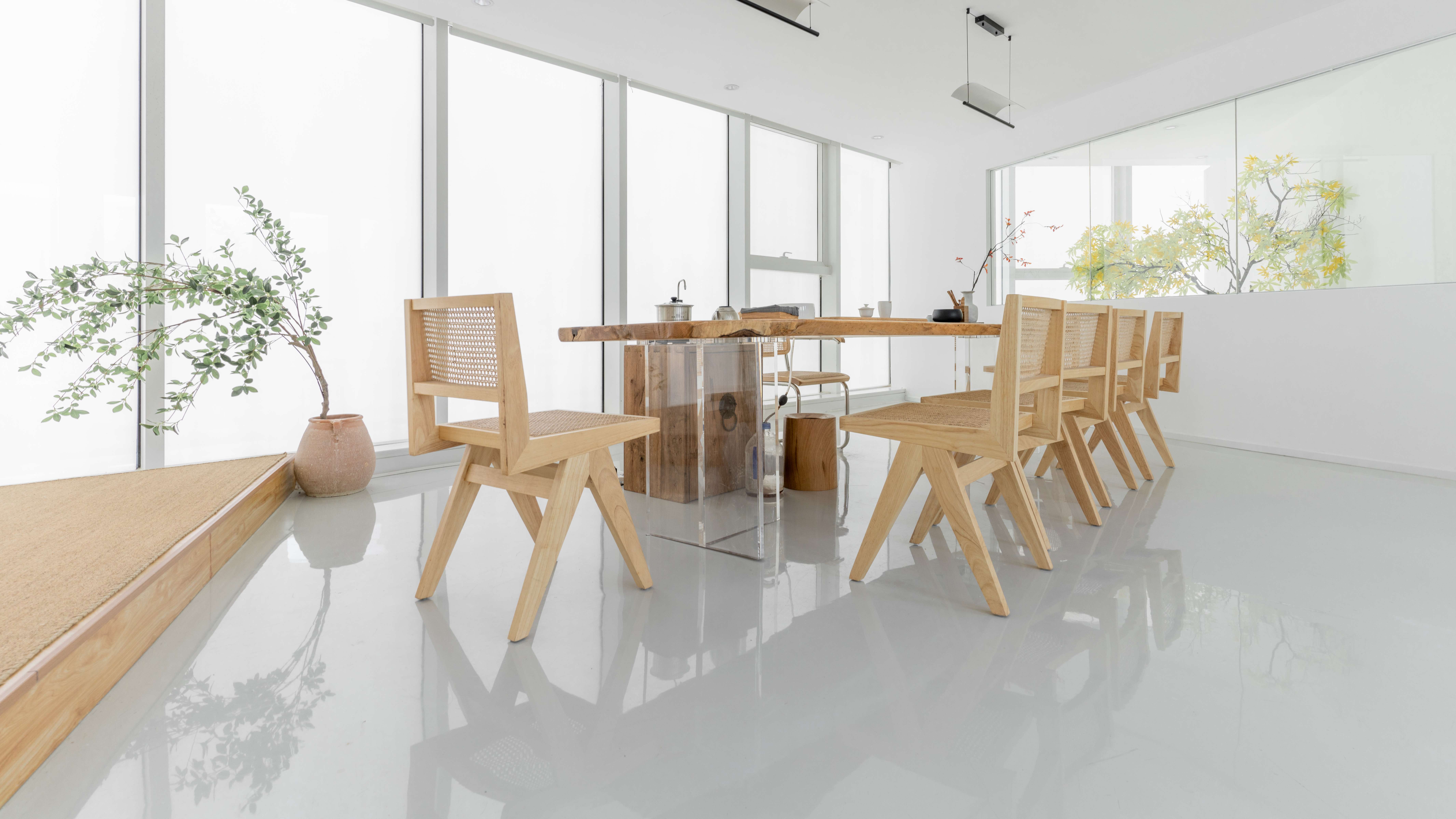
Faced with the shiny dilemma of polished concrete floors vs epoxy, you’ll need the details of cost, aesthetics, and durability to weigh and measure the winner.
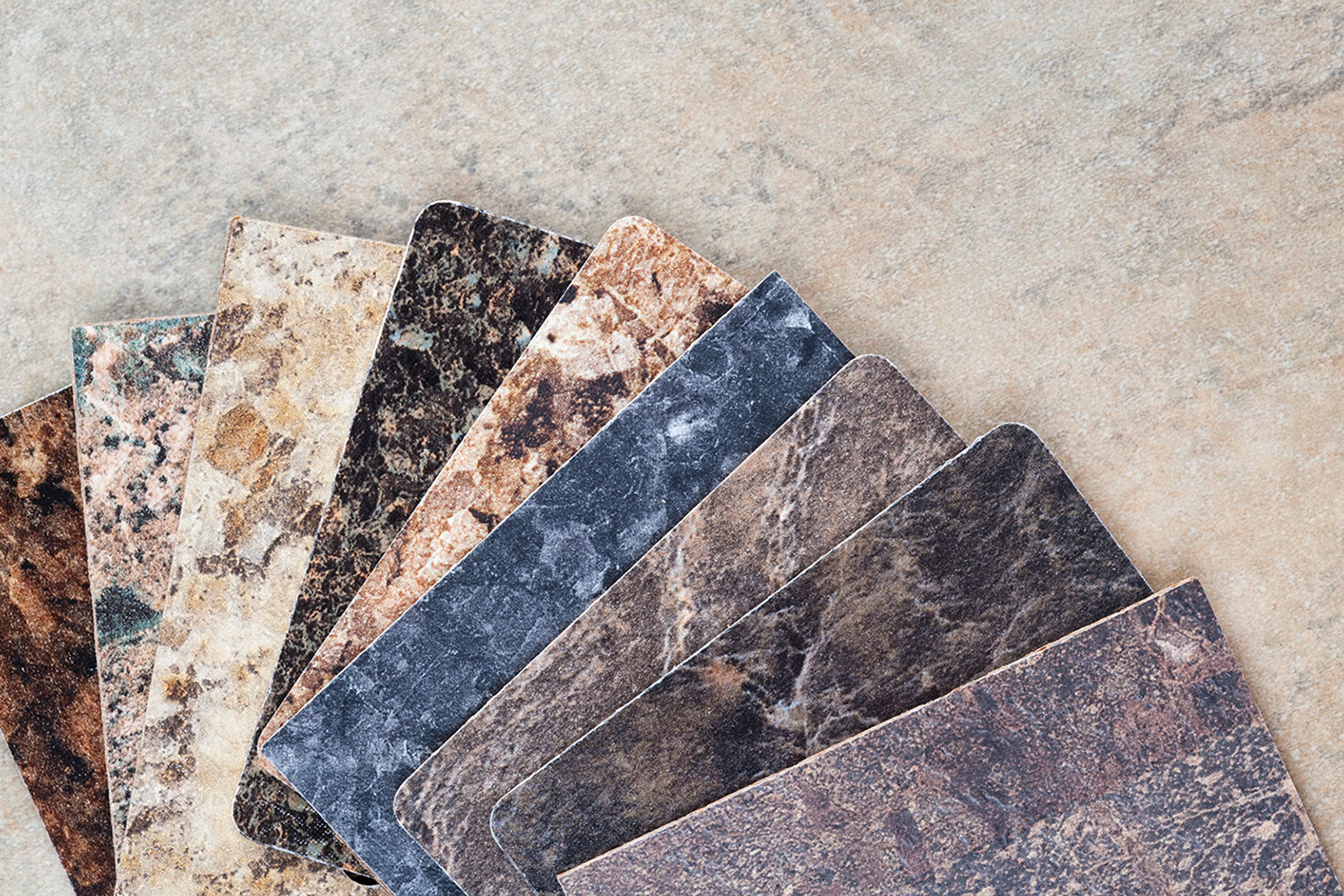
Discover the true granite floor installation cost. Learn about average prices, cost factors, and tips to save on your granite flooring project.